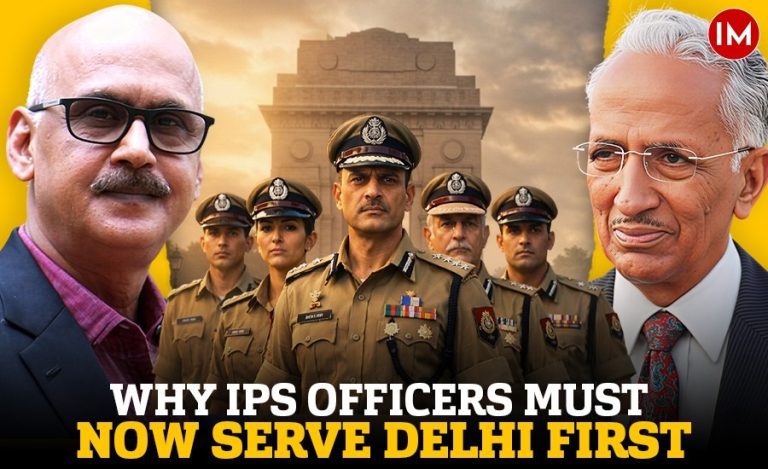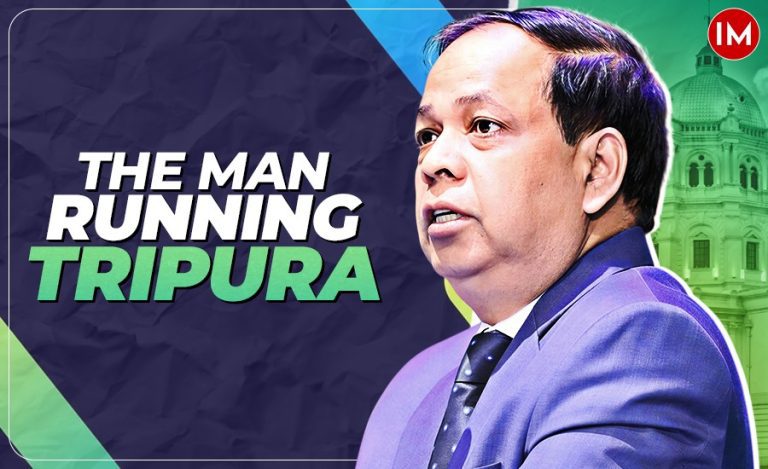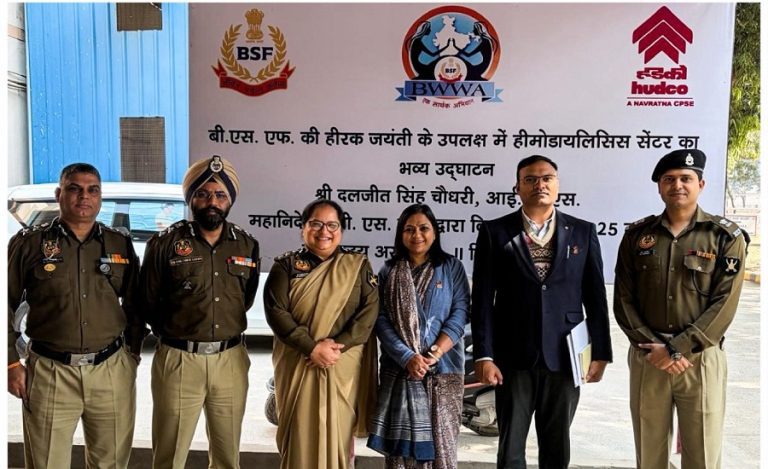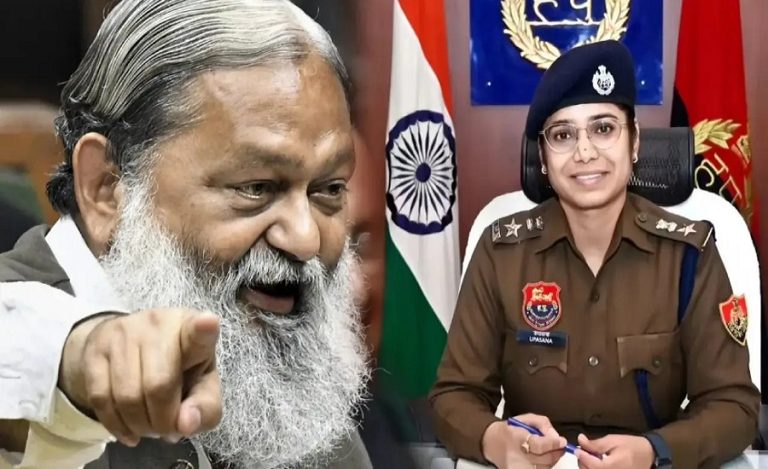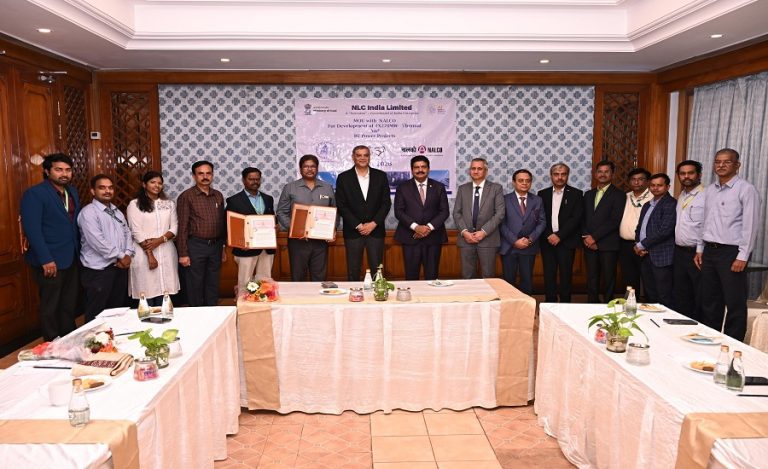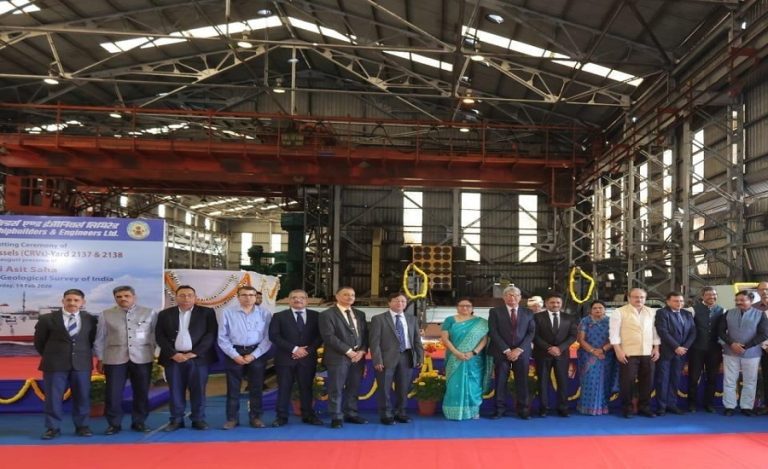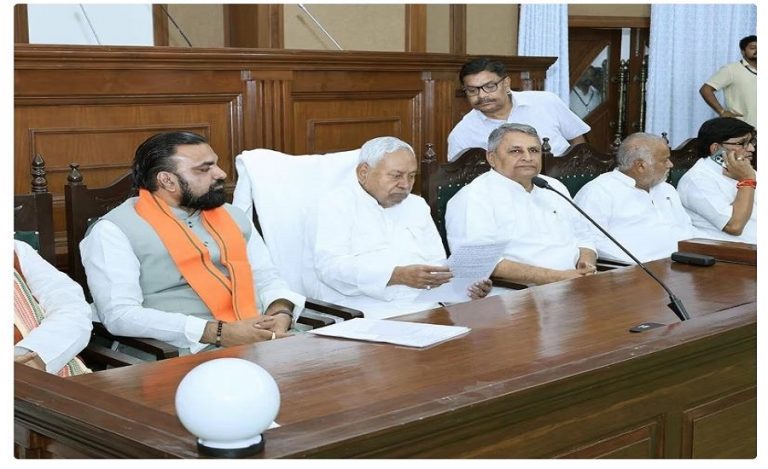When the lights first flickered on in the remotest corners of Bihar, they didn’t just illuminate homes — they symbolized a transformation. Behind this quiet revolution stood one man whose work reshaped the state’s story of governance — Pratyaya Amrit, a 1991-batch IAS officer, now serving as the Chief Secretary of Bihar since September 1, 2025. Known for his discipline, vision, and hands-on leadership, Amrit’s journey from a scholar of history to the architect of Bihar’s development is one of grit and purpose.
ROOTS OF WISDOM AND SIMPLICITY
A native of Gopalganj, Bihar Mr. Amrit was Born on 7 July 1967 in Kolkata, West Bengal. He comes from a family deeply rooted in education. His father, Prof. Ripusudan Srivastava, was a professor of philosophy at Baba Saheb Bhimrao Ambedkar Bihar University and later became Vice-Chancellor of Bhupendra Narayan Mandal University, while his mother, Kavita Verma, was also a professor. The family’s dedication to learning is evident in his siblings too — his sister Pragya Richa is an IPS officer currently serving as DG of Police in Madhya Pradesh, and his brother Pratik Priyadarshi is an associate professor and chairperson of the IBM programme at BIMTECH, Greater Noida.
A topper in Delhi University, Amrit graduated from Hindu College and completed his post-graduation in Ancient History, securing the top position in his class. He was even offered a lecturer’s post at Sri Venkateswara College in Delhi but destiny had other plans. On his second attempt, he cleared the UPSC Civil Services Examination with History and Psychology as his subjects — and the rest, as they say, is history.
THE MAKING OF A GROUNDED BUREAUCRAT
Amrit’s civil services journey began in Dumka (then in Bihar, now in Jharkhand), where he served as a probationer and learned the Santhali language to connect better with the tribal communities. His empathy-driven approach was evident early on – as Sub-Divisional Magistrate in Simdega, he busted gambling rackets in remote villages and took firm stands on moral policing.
Later, as District Magistrate of Katihar, he introduced a Public-Private Partnership model in the district hospital — a first-of-its-kind move that improved healthcare delivery. His tenure as DM of Chhapra brought him into the spotlight for his strong moral governance. He banned obscene dance performances at the Sonpur Cattle Fair and made CCTV cameras mandatory in theatres to maintain public decency. Through every post, Amrit demonstrated one quality that has defined his career – the courage to take firm, ethical decisions even under political pressure.
THE WOMAN BEHIND THE MAN
Behind the strength of Pratyaya Amrit stands his unwavering support — Dr. Ratna Amrit, his wife. A professor of history and Principal of B.D. College, Patna, Dr. Ratna Amrit. She has been his constant companion since their days at Hindu College, where the two were classmates.
In conversation with Indian Masterminds, Amrit smiled as he recalled those days:
“We both were classmates. She helped in my examination also, and her notes were my source material. Not only did she help me in cracking the exam, but her support has been rock solid throughout. Given the nature of my job, it wasn’t easy to manage family and work together. But now both our children are successful, and the credit goes to her.”
Their daughter is a law graduate from National Law University, and their son, who is also a tennis player, has completed his MBA from the USA.
A CALL TO SERVE BIHAR
In the early 2000s, while on central deputation in New Delhi, Amrit’s career took a decisive turn. Six months before his tenure was to end, he received a call from a senior bureaucrat in Bihar:
“Would you mind returning to your home state? There’s plenty to be done here.”
He didn’t hesitate. Amrit packed his bags and returned to Bihar.
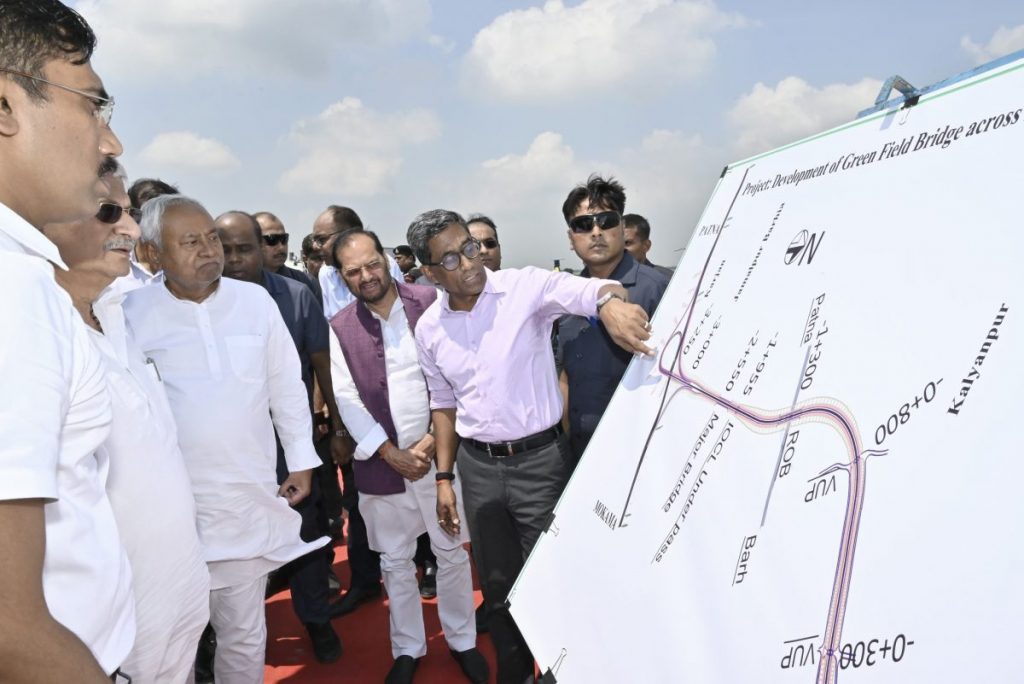
This was 2005, the year Nitish Kumar became Chief Minister and promised to rebuild Bihar from the ruins of corruption and neglect. The Chief Minister began calling back bright officers from central postings, and Amrit’s return marked the beginning of a long and fruitful partnership — one that would change Bihar’s developmental landscape.
REVIVING A DYING CORPORATION
One of his first major assignments came in 2006 when he was appointed the Managing Director of Bihar Rajya Pul Nirman Nigam Ltd (BRPNN) – an organization on the verge of liquidation. Under Amrit’s leadership, it made a dramatic turnaround. Within seven years, 1,123 bridges were constructed across the state, reconnecting towns and villages that had long remained isolated.
His success in resurrecting BRPNN earned him national recognition. In 2011, Amrit became the only IAS officer in India to receive the Prime Minister’s Excellence Award in Public Administration in the individual category. The citation aptly read: “Bridging the gap: For turning around a dying Bihar State Bridge Construction Corporation into a profit-making unit.”
ELECTRIFYING BIHAR
After roads came power. In 2014, Amrit was appointed Chairman and Managing Director of Bihar State Power Holding Company Limited. At the time, nearly 40,000 villages in Bihar remained in darkness. With his characteristic efficiency and unwavering determination, Amrit oversaw the electrification of 39,073 revenue villages — achieving 100% rural electrification by November 2018.
He was later promoted to Principal Secretary of the Energy Department in 2016. Under his leadership, the department not only expanded the power network but also began focusing on renewable energy. Solar power plants were initiated to ensure sustainable energy generation for the future. What was once one of India’s most power-deficient states had now become a success story – and Amrit was its architect.
FROM ROADS TO HEALTH
Amrit’s administrative versatility came to the fore again during the COVID-19 pandemic, when he was appointed Principal Secretary of the Health Department in 2020. The department was under severe pressure, but Amrit’s crisis management and quick reforms helped stabilize the system. His leadership ensured that Bihar’s public health infrastructure didn’t crumble under the pandemic’s weight.
He has also served in key roles in Road Construction, Disaster Management, and Energy departments – each time leaving a mark of efficiency, innovation, and integrity.
A BUREAUCRAT WITH CONVICTION
Amrit’s reputation as a no-nonsense officer is well known. He once famously called out a Member of Parliament who opposed the AIIMS Darbhanga project during a review meeting — a rare instance of a bureaucrat standing firm against political interference. He also made efforts to beautify government offices, including the Electricity Department building in Patna, which now showcases local art, symbolizing his belief that administration too can be aesthetic.
As a mentor at Vision India Foundation, a Delhi-based think tank, he encourages young minds to pursue public leadership with ethics and empathy.
THE CHIEF SECRETARY AT A CRUCIAL JUNCTURE
Now, as Chief Secretary of Bihar, Pratyaya Amrit assumed office at a politically sensitive time. With elections approaching and Chief Minister Nitish Kumar facing challenges from both age and opposition, Amrit once again finds himself in a pivotal role. Their partnership – forged through years of trust and shared vision – could be key in scripting one more success story for Bihar.
As Bihar braces for its next chapter, the man who once bridged rivers and brought light to villages is now tasked with something even greater – bridging the gap between governance and people’s faith.
For Pratyaya Amrit, the journey that began with history has now made him a part of it.





